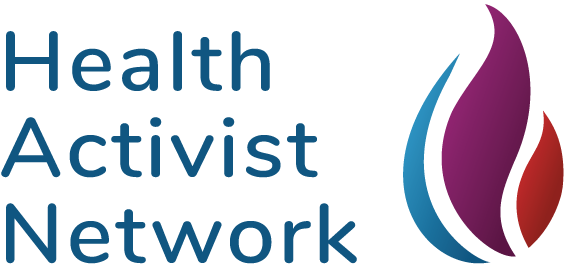|
Group Information
|
|
|---|---|
| Group Title: | |
| Related Topics: | |
| Overview & Vision: |
According the a recent study in the New England Journal of Medicine, 96% of executives, clinical leaders, and clinicians agree that physician burnout is a serious problem in health care. More than 50% of all physicians including residents suffer from burnout. Coupled with a projected shortage of 50,000 physicians by 2020, this degree of burnout will continue to impact quality, access to care and patient safety. There have been many studies that have linked physician stress to medical errors (3rd leading cause of death in the U.S.). Decreased quality of care has been cited as the leading reason to address physician burnout.
Despite the recognition that physician burnout is a serious and growing threat to our health care system, there is very little that is being done to mitigate this problem. The answers include both organizational changes that allow physician to function at the top of their licensure as well as personal strategies targeting increased resilience and better stress management. Mindfulness-based interventions can be a powerful tool for decreasing physician burnout and improving overall health and well-being, with a positive effect on patient safety and quality of care. Mindfulness refers to the ability to pay attention to the present-moment with acceptance and receptivity and mindfulness interventions have been shown in initial studies to reduce stress and burnout.
What is particularly exciting is that we have collaborated with David Cresswell from Carneige Mellon University whose lab is one of the first groups to show that mindfulness interventions can improve brain stress resilience circuits and biomarkers of stress-related disease in multiple patient populations (Creswell et al., 2016). This work has had substantial impact and resulted in well-publicized coverage in fora such as the New York Times, the Los Angeles Times, and the Today Show.
We have formed Pittsburgh based initiative that focuses on physician wellness and patient safety. This initiative includes a unique collaboration between Carnegie-Mellon researchers and UPMC physicians. We will conduct a landmark study investigating the effects of a brief mindfulness based intervention to improve brain stress resilience circuits and biomarkers of inflammation among a high-stress physician population. We hope to publish the results in top journals and more importantly promote our region as a leading innovator in improving physician wellness and patient safety. Given the vast expertise of healthcare, research and medical education in Western PA, our study will have significant local and national impact for both physicians and patients.
|
| Leaders: |
1. Sanj Katyal, MD Executive Vice President of Clinical and Strategic Services, Foundation Radiology Group
2. Dena Hofkosh, MD, MEd Associate Dean for Faculty Affairs University of Pittsburgh School of Medicine Vice Chair for Faculty Development Department of Pediatrics 3. David Creswell, PhD Associate Professor of Psychology and Director, Health and Human Performance Laboratory |
| Rationale: |
Physician burnout has been linked to increases in medical errors and overall lower quality of care. Increased clerical burden along with higher stress and less meaning/purpose have caused many physicians to become increasingly dissatisfied with the practice of medicine. More than half of all residents and practicing physicians experience burnout with many leaving the profession for good.
Health care provider well-being affects the quality of patient care and will also affect access to care as we face massive physician shortages in the next 5-10 years. |
| Goals and Objectives: |
We need to address physician wellness on 2 main fronts: organizational changes that allow physicians to function at the top of their licensure - in other words do what only they can do - while offloading everything else to other members of the team. We also need to apply evidence based strategies that have been proven to increase resilience and lower stress related responses. Both aspects - the individual and the environment - must be addressed in order to improve the health of our providers.
We have designed a landmark (first of its kind) study investigating the effects of a brief mindfulness based intervention to improve brain stress resilience circuits and biomarkers of inflammation among a high-stress physician population at UPMC. |
| Date: | |
